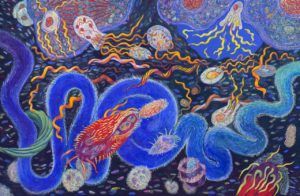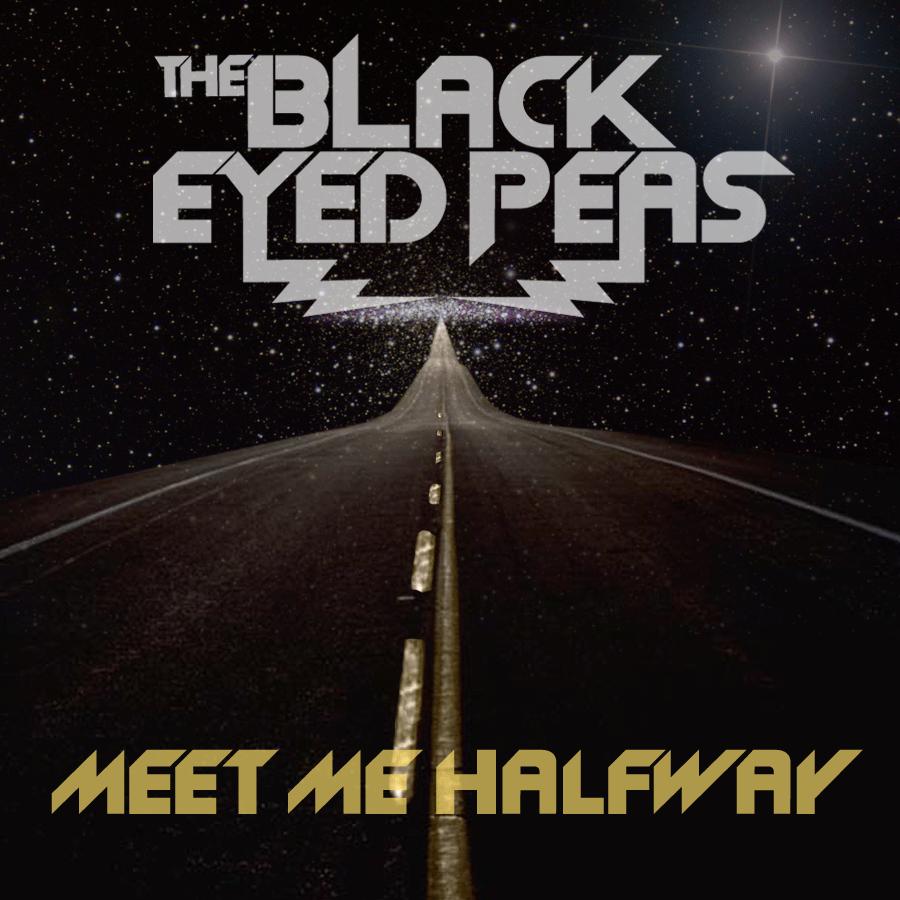

But you’ve also had your fair share of success.

“Look,” he replies, “John, you’ve gotta meet me halfway here, buy a goddamn lottery ticket!.”Ĭonsider your life and there is a pretty good chance that you’re life’s nothing like you imagined it to be. “God” he says, “I come here every day, multiple times a day to ask for your help. He does this for a long time and people in his congregation start to notice. John is a very religious man and every day he goes to church to pray for god’s help winning the lottery. Speaking of dad jokes here’s a personal favourite But the answer to a lot of problems is this I feel really bad for them considering the amount and quality of dad joke’s they’ve probably had to sit through. A lot of my friends tell me I remind me of their parents. Finally, Barad uses agential realism to produce a new interpretation of quantum physics, demonstrating that agential realism is more than a means of reflecting on science it can be used to actually do science.It’s the single best advice I’ve ever gotten. And she reframes understanding of the nature of scientific and political practices and their “interrelationship.” Thus she pays particular attention to the responsible practice of science, and she emphasizes changes in the understanding of political practices, critically reworking Judith Butler’s influential theory of performativity. In explaining intra-activity, Barad reveals questions about how nature and culture interact and change over time to be fundamentally misguided.

Intra-activity is an inexhaustible dynamism that configures and reconfigures relations of space-time-matter. In an agential realist account, the world is made of entanglements of “social” and “natural” agencies, where the distinction between the two emerges out of specific intra-actions. In the process, she significantly reworks understandings of space, time, matter, causality, agency, subjectivity, and objectivity. Barad extends and partially revises Bohr’s philosophical views in light of current scholarship in physics, science studies, and the philosophy of science as well as feminist, poststructuralist, and other critical social theories. The starting point for Barad’s analysis is the philosophical framework of quantum physicist Niels Bohr. Offering an account of the world as a whole rather than as composed of separate natural and social realms, agential realism is at once a new epistemology, ontology, and ethics. In this volume, Karen Barad, theoretical physicist and feminist theorist, elaborates her theory of agential realism. Meeting the Universe Halfway is an ambitious book with far-reaching implications for numerous fields in the natural sciences, social sciences, and humanities.


 0 kommentar(er)
0 kommentar(er)
